READY TO GET STARTED?
REQUEST A FREE ESTIMATE
Fill out the form below or call (888) 466-7849 for a free, no-obligation estimate.
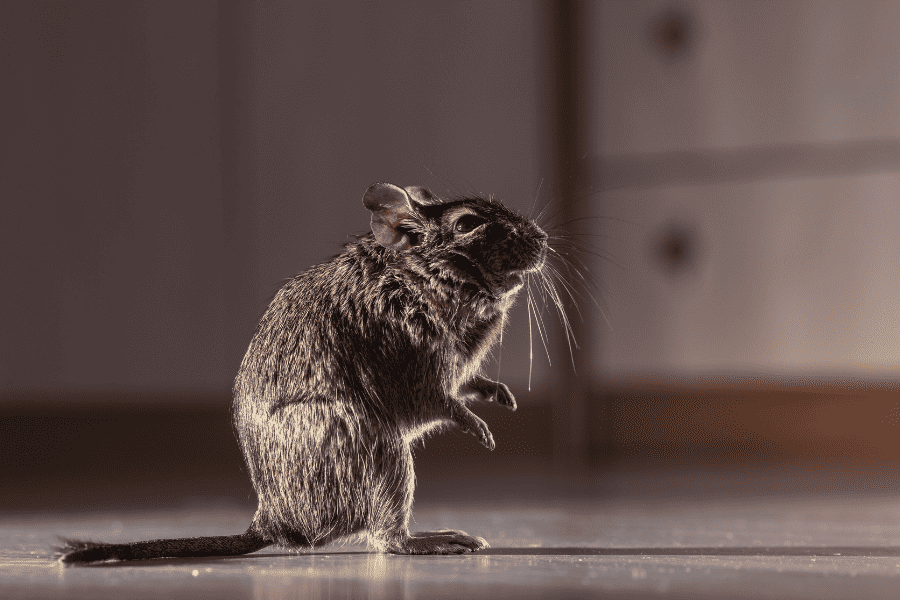
Contamination, disease, and property destruction are all possible in your home if a rodent invades it! Rodents, including mice and rats, can be destructive creatures and once they’ve invaded your home, it can be difficult to remove them since they reproduce so quickly! One of the best ways to ensure these pests don’t enter your Florida home is taking the necessary precautions to avoid them in the first place. We break down the types of rodents to be cautious of and our best do-it-yourself rodent prevention tips to keep rodents out of your Sunrise home.
Rodents are attracted to food, water, and available shelter, so it’s crucial to eliminate these factors from your property to avoid a rat and mouse infestation. Check out our DIY rodent prevention tips for your Florida property:
If you suspect you have a rodent infestation or are interested in getting ahead of preventing them, call your local pest control company. Professionals will provide you with a thorough inspection, identification of the rodent, possible entry points, and a rodent control and prevention plan.
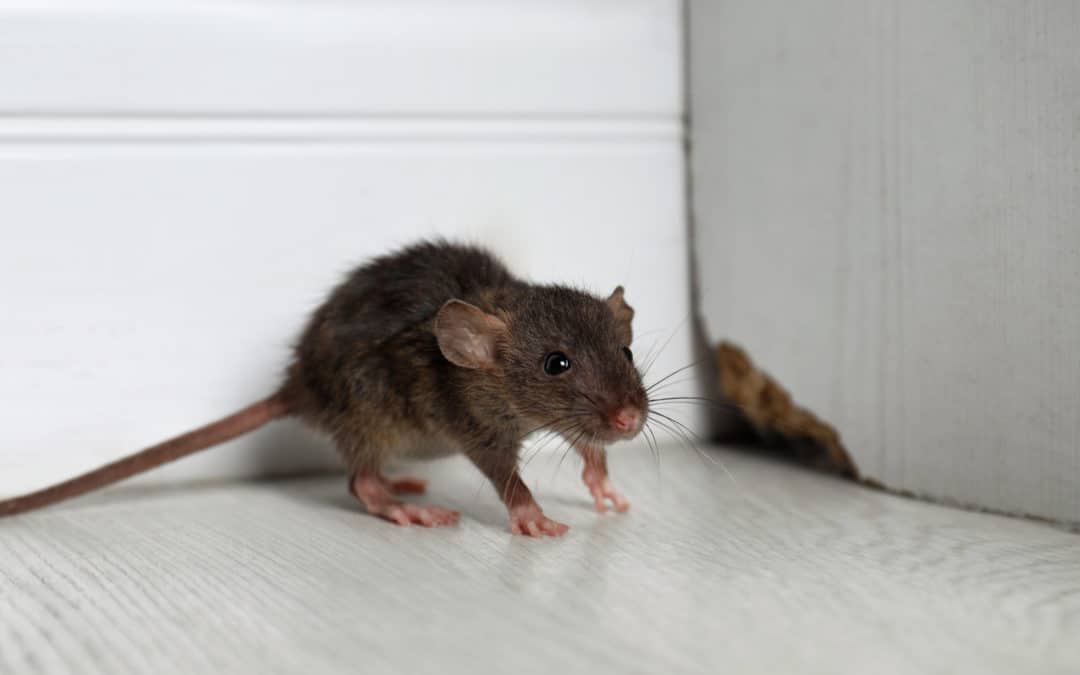
Rodents such as mice and rats are one of the most common household pests. While they are definitely nuisance pests, they can also cause property damage to your home, as well as transmit serious diseases to you and your family.
The first step in rodent control is to determine that you have an infestation. Common signs of rodents include droppings near food sources; shredded paper, fabric, and other nesting materials; chewed food packages; holes chewed through walls and floors; and stale smells from hidden areas of your home.
Rodents are attracted to unsealed food containers, pet food and water that’s left out, open bowls of fruit and vegetables, leaky faucets and pipes, open trash cans, and compost containers among other things. They enter your home in search of these things. They get in through holes from the exterior of the home, holes around sink and appliance pipes, cracked foundations, unscreened vents, and holes around windows and doors.
The first step in rodent control for your home is prevention. If you can keep these pests from infesting your home in the first place, you won’t have to get rid of them later. Common rodent control methods you can utilize in your house include:
If you have a problem with rodents or other pests, contact your local pest control company for an evaluation.
DIY Pest-Proofing for Fall Wildlife
Are Granddaddy Long Legs Spiders?
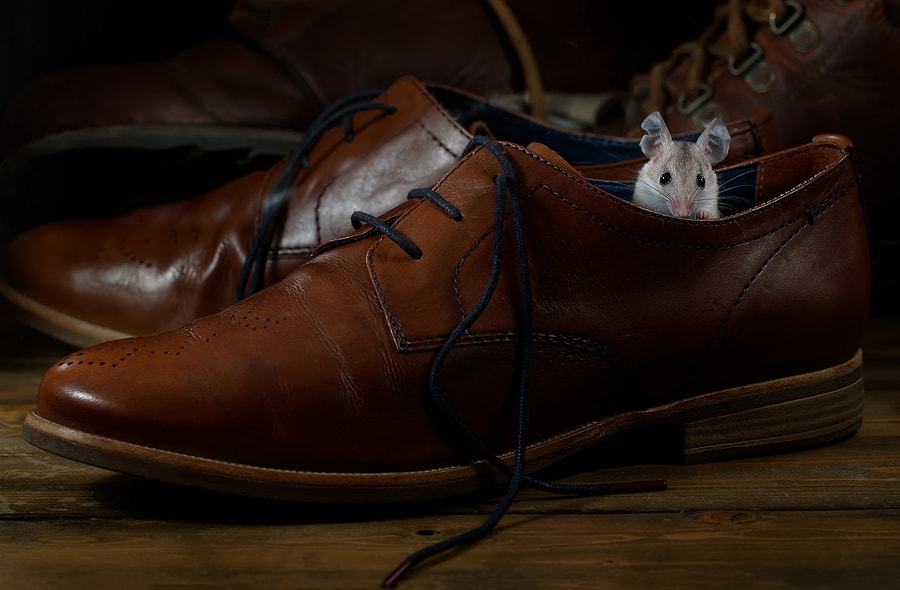
Mice are incredibly resourceful as they can quickly adapt to new environments. Small in size, these pests are looking for a warm place to shelter and provide a food source. If these rodents make it indoors, they can cause significant damage to your home. Here we list the major signs of mice in your home and how you can prevent them.
Seeing holes, tears, and gnaw marks is a major sign that mice are indoors. You can typically see this damage in bedding, clothing, fabrics, and other materials. Mice will use these shredded fabrics to help build their nests, usually located in dark, secluded areas. These pests will also chew and leave gnaw marks on inedible materials such as wood, plastic, cables, and electrical wiring.
A more obvious sign of a mouse infestation is hearing noises throughout the night. Mice can fit through holes and openings smaller than their bodies. Using their ability to fit through the smallest hole, they will often use the spaces between joists to travel from one part of the house to the other. If a mouse has gotten inside the walls, you’ll often hear scratching or scrabbling noises.
Another alarming sign that a mouse is inside is seeing their feces. Mouse droppings are around three to six millimeters or ¼ inch in length. They typically resemble small grains of rice and sometimes can be mistaken for cockroach droppings. If you see mouse droppings, it’s best to carefully pick them up with gloves and place them in a sealed plastic bag to ensure they don’t release bacteria or virus particles.
To help prevent mice, place the preventative measures below throughout your house.
If you notice any signs of mice inside your house, consider reaching out to your local pest control provider, where they will provide you with the best plan of action.
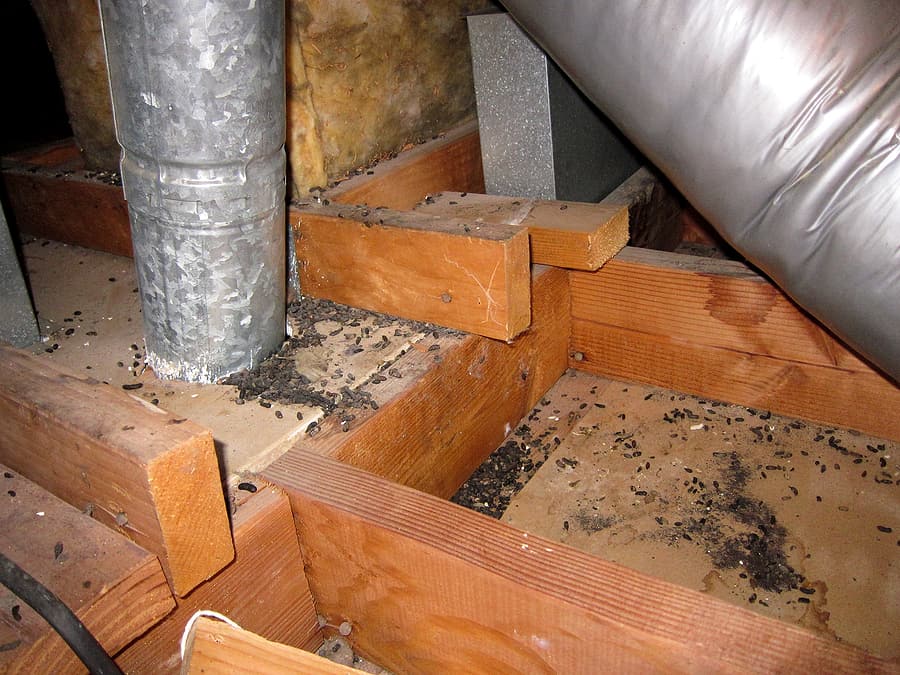
Rodents can wreak havoc on your home, chewing through wires and insulation and contaminating surfaces with their urine and feces. Rodents are also known for carrying and transmitting serious diseases to humans. You may not see a live rodent in your home until an infestation is already established. It is important to know the signs of a rodent infestation so you can identify the problem before it gets out of control. Here are 9 warning signs of a rodent infestation to look for in your home.
Prevention is critical to keeping rodents and other pests from taking over your home. Keep them out of your home with these rodent prevention tips:
If you suspect you have a problem with rodents or any other pest, your local pest control company can perform a thorough home inspection which will help determine the type of rodent you are dealing with, their patterns of activity, what’s attracting them to your home, and which treatment method is best for elimination and ongoing prevention.
What Is The Most Effective Termite Treatment?
5 Pests That Can Destroy Your Lawn
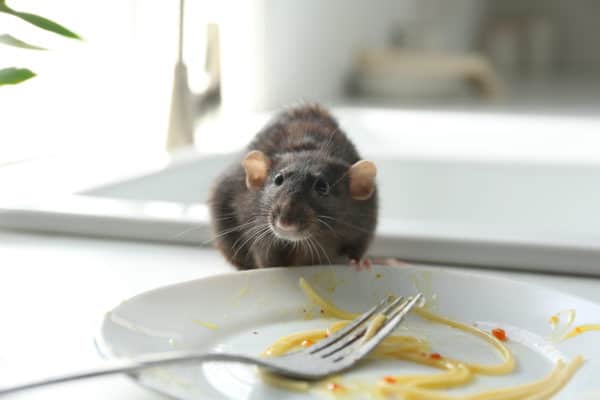
As the corona virus continues to spread, people around the world are drastically changing their daily routines. Tourism has come to a grinding halt. Restaurants are closed and people are staying home. What many don’t realize is this change in our daily lives is also affecting the ecosystem within cities. As there is less urban traffic, there is less food for pests and rodents – like rats. According to experts, if rats lose these established food sources (e.g. trash in cans in the park or dumpsters outside restaurants) then they will start fighting over any food that remains, even going so far as to kill each other in order to survive.
Because rats are having to get creative in finding new food sources, there is now a trending surge of rats invading homes and essential businesses in search of their next meal. Rats will follow the smell of food into homes, being as bold as necessary to find food in their effort to survive. Rats in homes pose serious risks – they will chew through wires and cables putting you at risk for fires and they carry diseases of their own which can easily be transmitted to you and your family. While there is no evidence that rats themselves can become infected with corona virus, there is some risk for spreading it to humans. Rats are known to crawl through sewer pipes containing human feces which has been shown to contain the virus. They then make their way into your home and contaminate any surfaces they touch with the virus-laden feces, potentially allowing humans who come in contact with these contaminated surfaces to contract the virus. The CDC reports that although this scenario is possible, the risk of transmission by feces is actually quite low.
To protect your family and/or essential business, the following rat prevention tips can help to prevent a rat infestation, limit the spread of disease, and keep your environment a safe-haven, during shelter-in-place orders and in the future:
If you notice a rodent problem in your home or essential business, contact a professional pest control company. Rats can cause serious health risks to your family or employees, as well as the risk for fire and other structural damage to your home and property. A licensed wildlife exclusion company will inspect your home to identify your animal problem, determine where they are getting in, remove them, and prevent the animals from getting into your home in the future. They can also inform you of any existing damage or contamination and provide you with a recommendation for repairs or clean-up.
5 Things That Could Be Attracting Termites to Your Home
Summer Wildlife Removal: Common Home Invaders
What is the Difference Between Traditional and Green Pest Control?